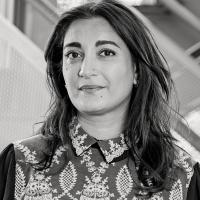Worldview Analysis
This initiative features a series of working papers and ressources, which examine the usefulness of worldview analysis for international studies.
The initiative on worldview analysis at DIIS is coordinated by Lars Erslev Andersen and Mona Kanwal Sheikh.
The initiative on worldview analysis at DIIS is coordinated by Lars Erslev Andersen and Mona Kanwal Sheikh. The research initiative aspires to cultivate a transdisciplinary theoretical framework to study worldviews. Many scholars have previously contributed to the thinking on worldviews, however this project aims to convey a deeper understanding of how exactly worldview analysis can contribute to the examination of intersections between political-, social-, and religious orders, but also intersections between identity, emotions and ideology. This goal will be achieved through the publication of a series of working papers on the concept of worldviews, a workshop (with scholars and practitioners from the mediation field) in collaboration with Harvard University and the Negotiation Journal (convened in February 2022), and a special issue of the Negotiation Journal.
Negotiating across Worldviews – A Collaborative project with Harvard University and the Negotiation Journal
Many of our most intense and stubborn conflicts and challenges—from the Israeli-Palestinian conflict to disputes regarding publication of caricatures of the Prophet Muhammad to vaccination and mask use to partisan gridlock in Washington, D.C.—can be seen as worldview conflicts. In worldview conflict, the ways that parties orient to experience, and the normative constraints under which they act, differ fundamentally.
Worldview conflict has been relatively neglected within the conflict resolution field. Most approaches to negotiation and conflict resolution implicitly assume that parties inhabit a shared normative field. While these approaches often serve us well when the parties share a common framework for understanding and interacting with the world, they typically must be adapted and augmented in worldview conflicts.
Much of the scant attention that has been given to worldview conflict predates important work in anthropology, economics, moral philosophy, neuroscience, political science, psychology, religious studies, and other disciplines that has produced theoretical and empirical insights into the dynamics of worldview conflict—insights that can inform new approaches to conflict resolution. One exciting stream of theory and research focuses on the very nature of worldviews. For example, Mona Kanwal Sheikh and Mark Juergensmeyer have collaborated to develop a social scientific approach to worldview analysis aimed at rigorously analyzing national and international political and social conflicts, including their cultural contexts and other dimensions of situatedness (e.g., emotions), which are neglected by approaches that cast worldviews as ideologies.
This collaborative initiative has four main goals:
- Introducing a wider audience of conflict resolution scholars and practitioners to the concept of worldviews;
- Developing a deeper understanding of how worldview analysis can help us understand intersections between political-, social-, and religious orders and identities;
- Exploring ways in which disparate worldviews sometimes generate or otherwise contribute to conflict; and
- Exploring approaches to transformation of worldview conflict.
Virtual lecture on worldview analysis
Mona Kanwal Sheikh highlights the virtues of worldview analysis in her lecture 'Making Sense of the Religious Aspects of Transnational Jihadi Movements' at Edinburg University, School of Divinit.
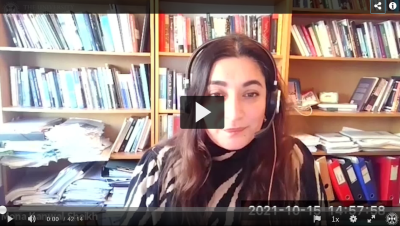
Forskning og aktiviteter
-
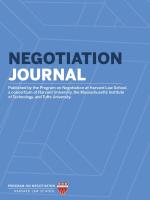 Tidsskriftsartikel2022Mona Kanwal Sheikh
Tidsskriftsartikel2022Mona Kanwal Sheikh -
 Tidsskriftsartikel2022Lars Erslev Andersen
Tidsskriftsartikel2022Lars Erslev Andersen -
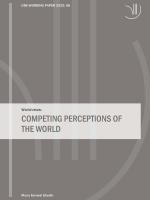 DIIS Working Paper2022Mona Kanwal Sheikh
DIIS Working Paper2022Mona Kanwal Sheikh -
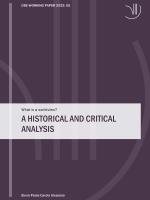 DIIS Working Paper2022A historical and critical analysisElena Paola Carola Alessiato
DIIS Working Paper2022A historical and critical analysisElena Paola Carola Alessiato -
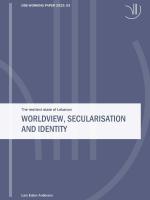 DIIS Working Paper2022The resilient state of LebanonLars Erslev Andersen
DIIS Working Paper2022The resilient state of LebanonLars Erslev Andersen -
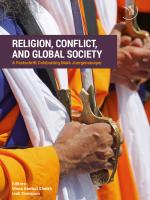 DIIS Book2021A Festschrift Celebrating Mark JuergensmeyerMona Kanwal Sheikh & Isak Svensson
DIIS Book2021A Festschrift Celebrating Mark JuergensmeyerMona Kanwal Sheikh & Isak Svensson -
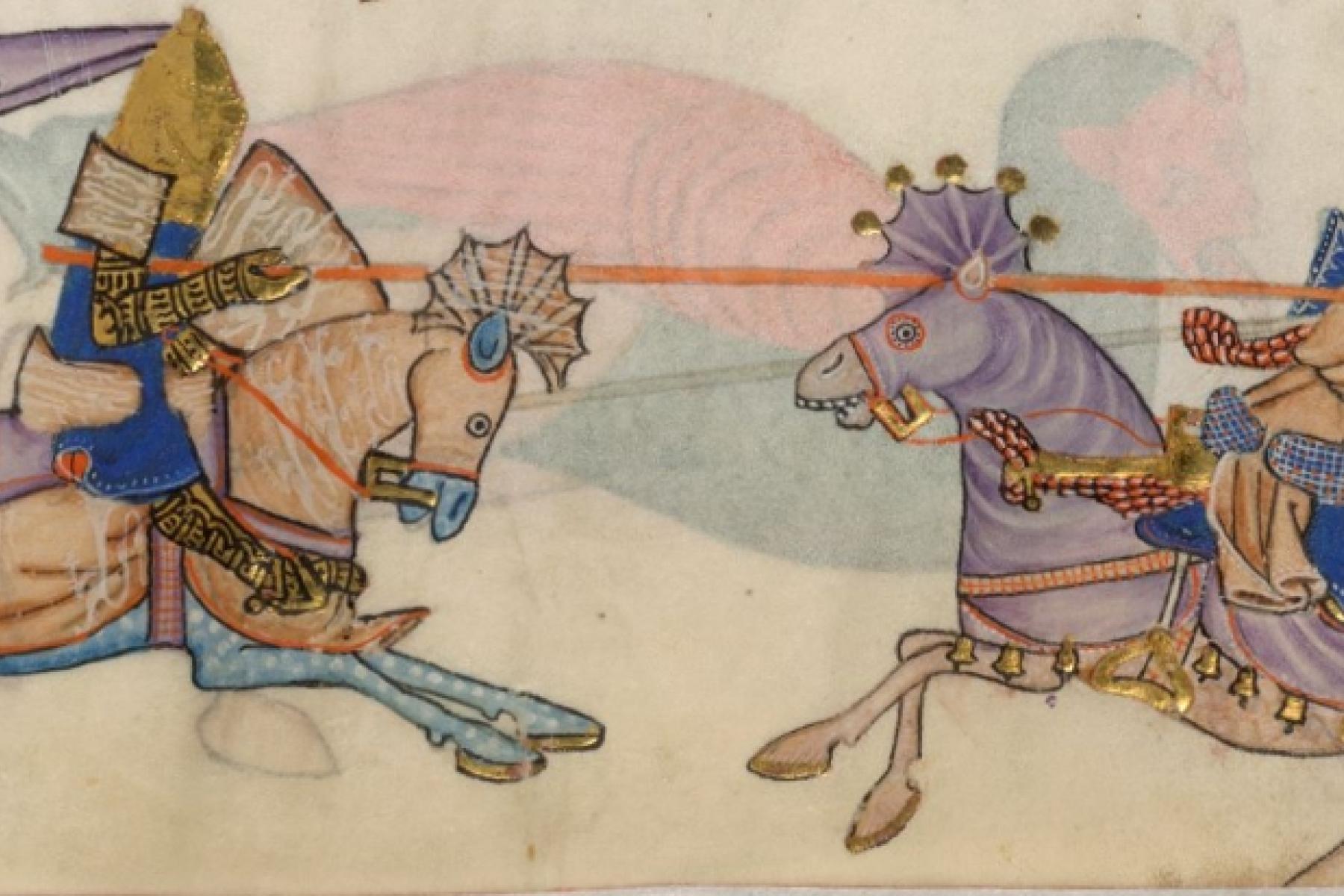 Tidsskriftsartikel2020Mona Kanwal Sheikh
Tidsskriftsartikel2020Mona Kanwal Sheikh -
Bogkapitel2019The Significance of Worldview Analysis for Social SciencesMona Kanwal Sheikh
-
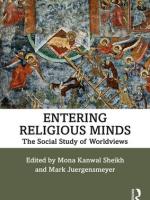 Bog2019The Social Study of WorldviewsMona Kanwal Sheikh & Mark Juergensmeyer
Bog2019The Social Study of WorldviewsMona Kanwal Sheikh & Mark Juergensmeyer -
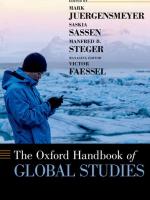
-
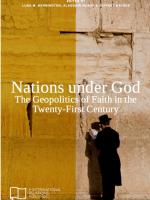
-
Bogkapitel2012Mona Kanwal Sheikh & Mark Juergensmeyer
-
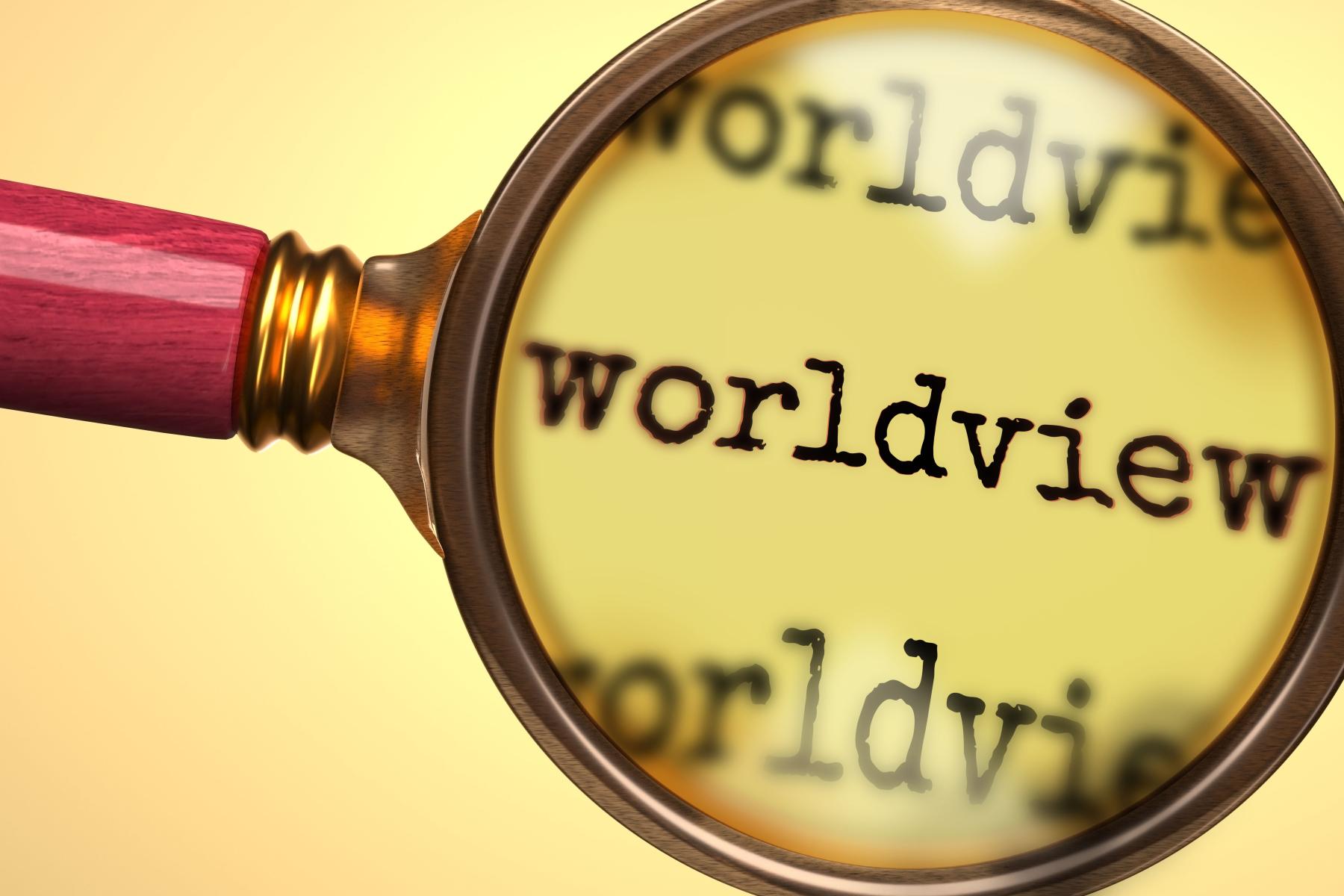 Billede/illustration af Photo: shutterstock/GoodIdeasDIIS Interview2022Marie Barse
Billede/illustration af Photo: shutterstock/GoodIdeasDIIS Interview2022Marie Barse
Kontakt
